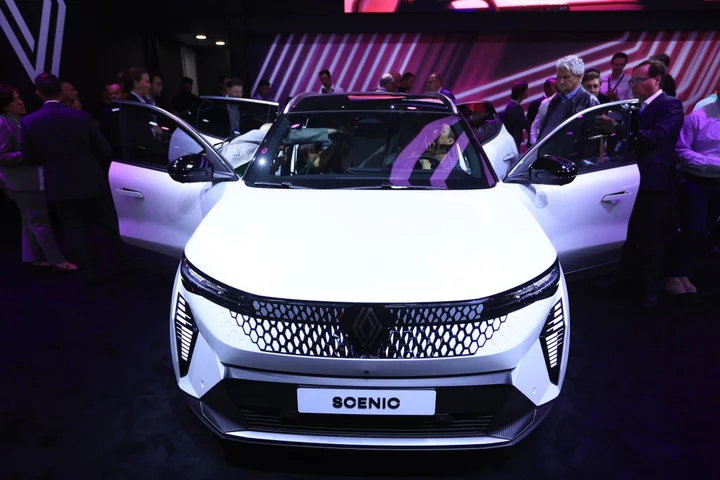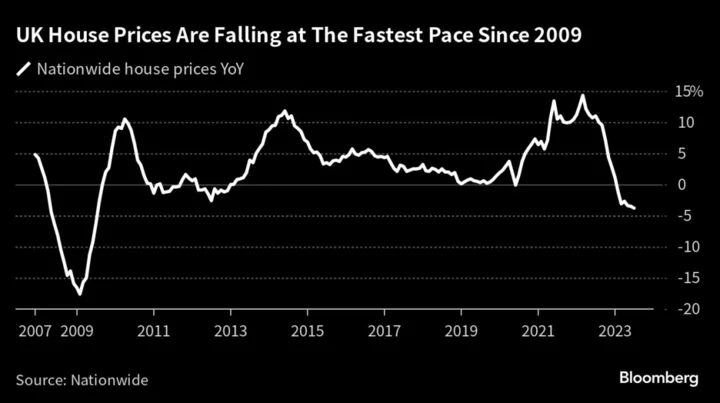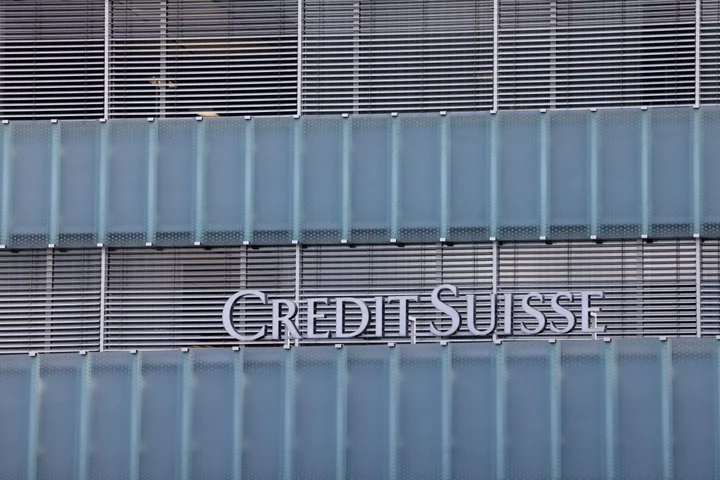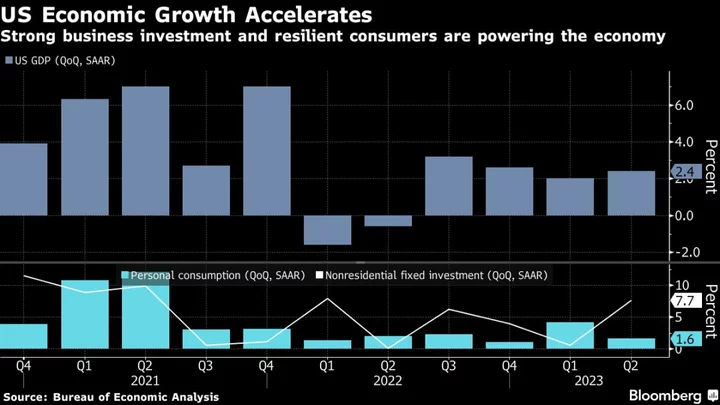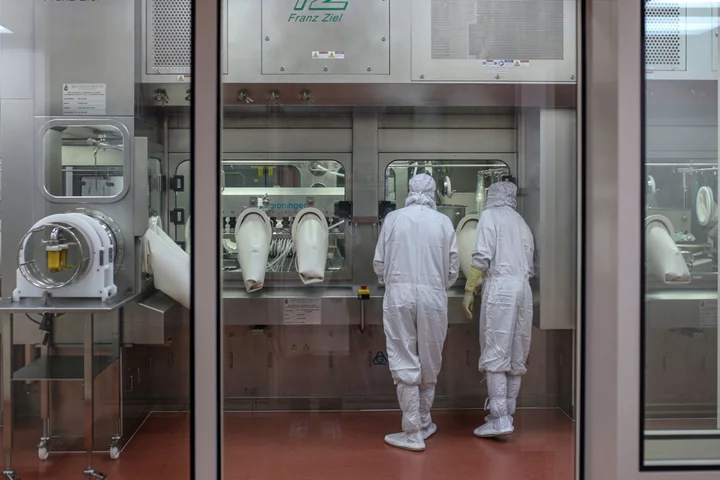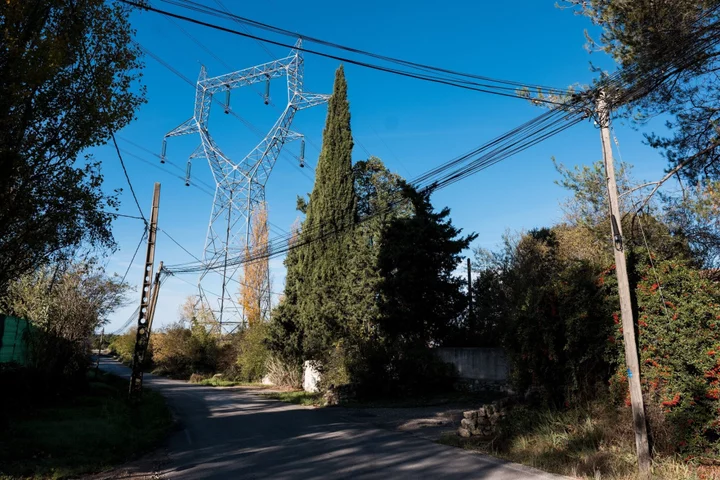Renault SA and Nissan Motor Co. are close to completing a landmark deal to rebalance their 24-year-long alliance, according to people familiar with the matter.
The automakers are expected to announce the creation of the trust to which Renault will transfer 28% of Nissan shares as soon as Wednesday, said the people, who asked not to be identified discussing non-public information. The companies first disclosed plans for the trust in January.
Renault managers in recent weeks have reiterated that staff should no longer share information with their Nissan counterparts, the people said, after the French carmaker announced in September that aspects of the alliance would be unwound by year-end. Taken together with the deal to equalize their cross-shareholdings at 15%, the developments are the clearest indications yet that members of one of the world’s biggest automotive tie-ups are increasingly going their own separate ways.
A Renault representative said a deal to rebalance the companies’ cross-shareholdings is still on track to be completed before year-end and declined to comment further. A Nissan spokesperson declined to comment.
Read More: Renault, Nissan Unwind Key Alliance Structure for Purchasing
Renault told employees in September it was moving away from common structures with Nissan in favor of a new, project-by-project approach to working together. The dissolution of the companies’ joint purchasing organization means the two will no longer pool information on a regular basis due to antitrust concerns.
The sell-down of shares held by the trustee will be coordinated with Nissan, which will have the right of first offer to purchase the stock, Renault Chief Financial Officer Thierry Pieton told analysts during a quarterly call last month. The company has said the trust will have no obligation to sell the shares within a specific or pre-determined period of time.
Renault plans to use proceeds from Nissan stake sales to continue investing in its electric-vehicle and software business Ampere, its sports-car division Alpine and its recycling unit.
“For us, it’s a question of allocating the capital to things that are going to provide a better return on investment compared to what we’re getting or what we’re expecting to get from Nissan,” Pieton said.

